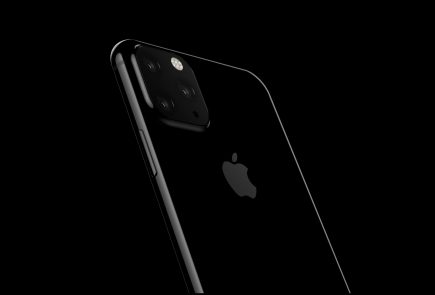What Are VPNs, And Should You Use One?
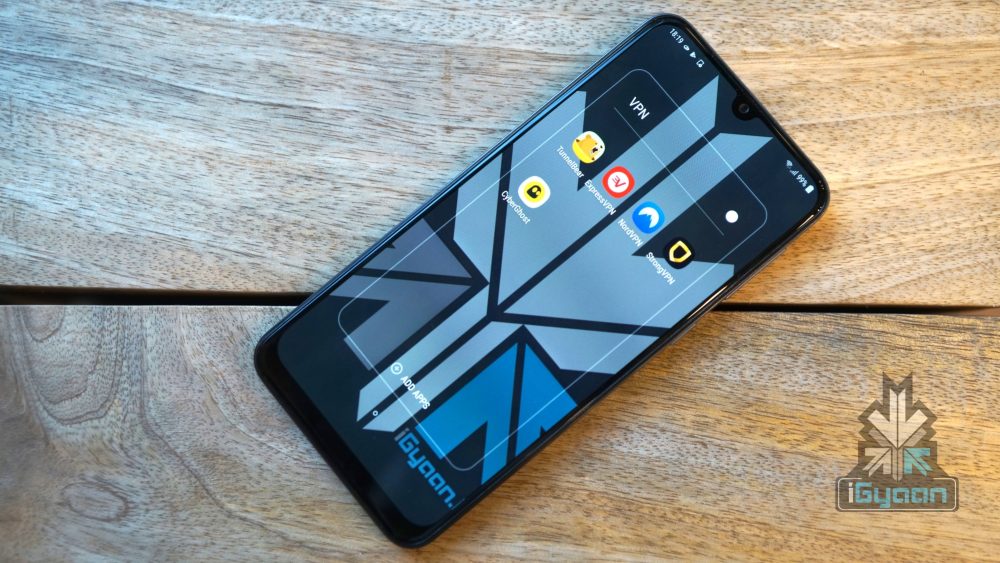
The Internet has become an essential part of life in today’s day and age. It is really difficult to imagine what our lives would have been like if the invention of the internet didn’t happen. But if one stops and thinks how much of our life is shared through the medium; or how much of the data shared can be traced back to the user by someone with malicious intents, a feeling of trepidation is natural. To ensure that the data shared over the internet is secure and private, many people use a VPN. But what is it and should everyone get one?
What is a VPN?
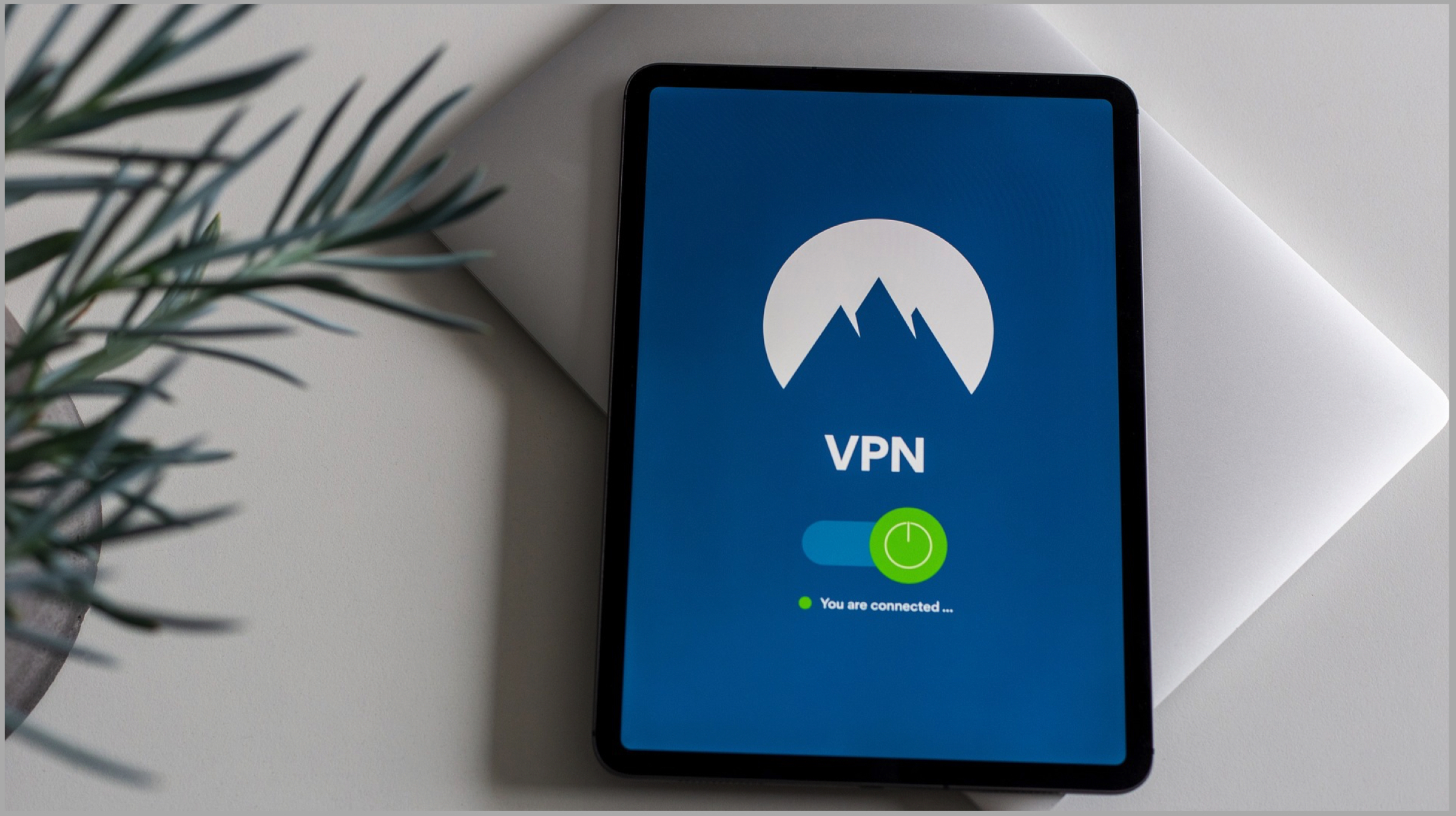
Virtual Private Networks or VPNs for short is used to connect to another computer, usually called server anywhere on the internet. It then seems that the user is browsing through a private server. To explain it further, a VPN creates a virtual tunnel which is encrypted, so any data shared over the internet passes through the heavily encrypted tunnel; thus making it extremely difficult to track the user. The device that has the VPN installed will gain the IP address of the server, masking the original address and therefore, the user.
Why Is VPN Useful?
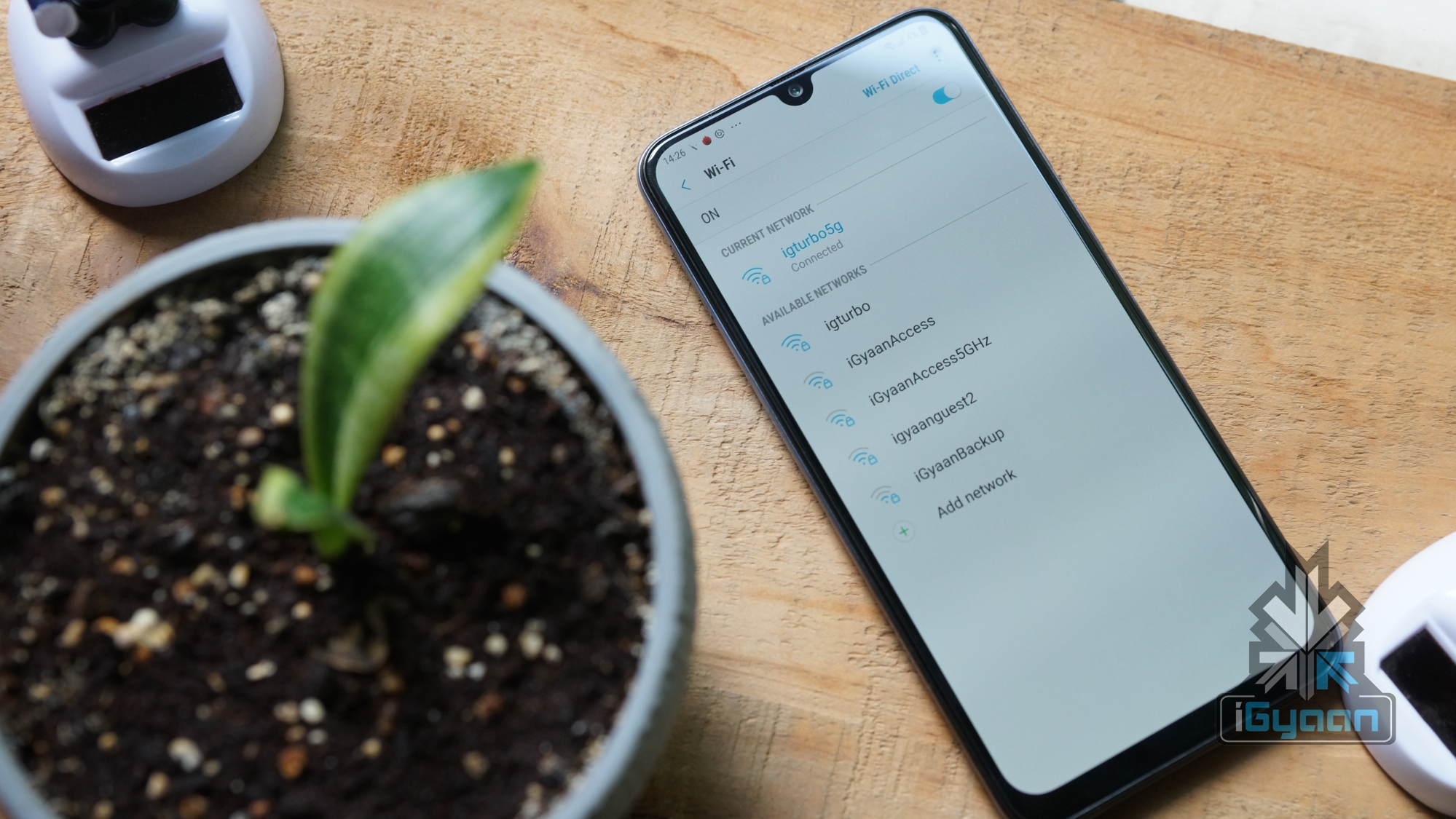
There are many scenarios where a VPN can genuinely be useful. But to realise whether you need it or not, one has to understand the advantages of using a VPN service, some of which are highlighted below.
Security over public networks: Each one of us has connected to a public Wi-Fi network or a shared network connection at least once. The threat of connecting to one remains higher than ever; as public or shared connections doesn’t restrict other people connected to the same network to spy on you. A VPN acts like taking you off the grid while still connected over the same network.
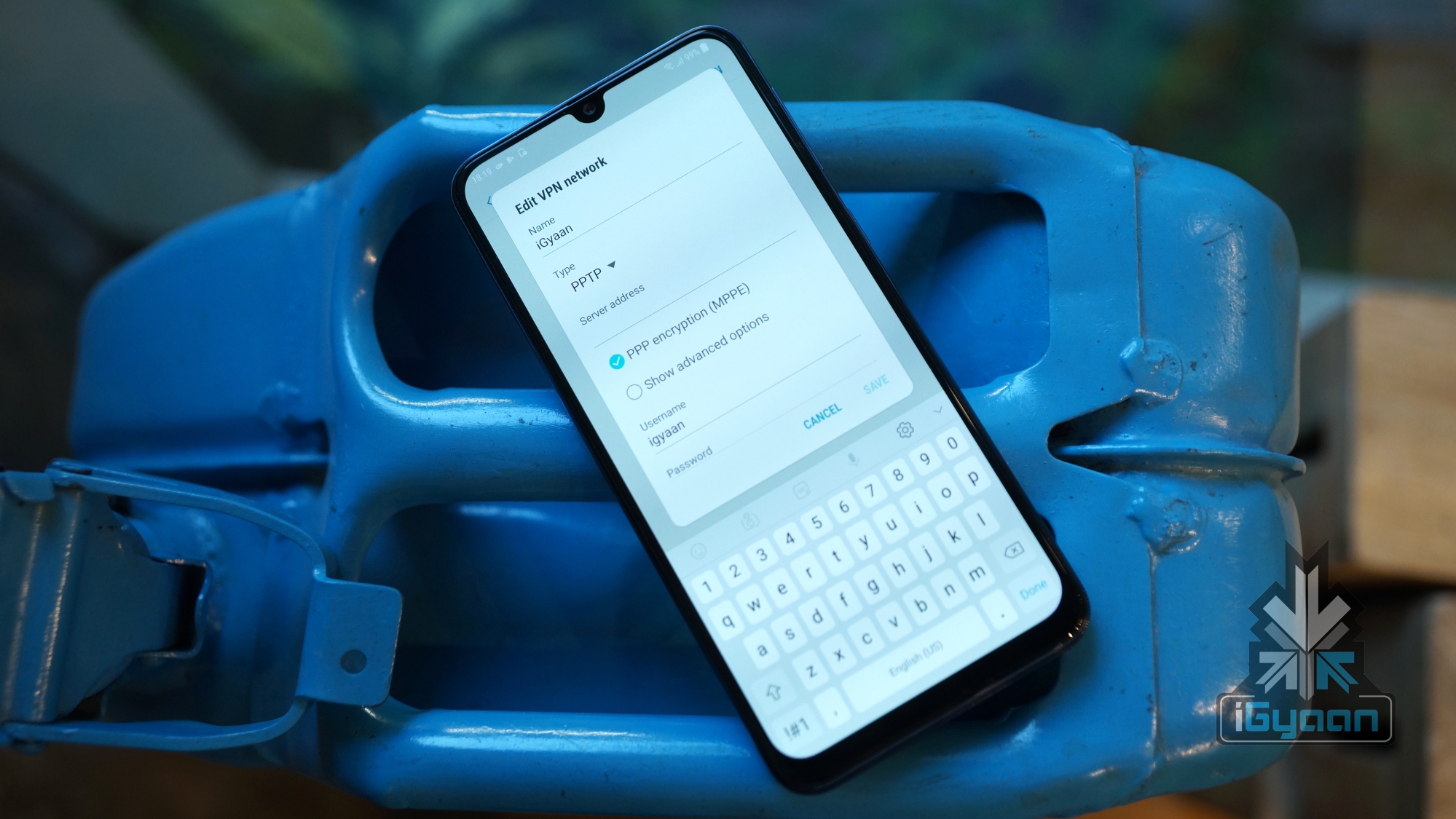
Anonymity over the internet: Using a VPN makes it extremely difficult to track the user’s IP address, which helps in making them anonymous. The service also allows switching between servers based on countries. This, while not being totally foolproof, lets them gain at least some anonymity, making internet usage a tad bit safer.
Keep prying eyes away: Be it the movies or an overgrowing paranoia, the fear of being tracked over the internet is growing substantially. In spite of using a private network, organizations like the Internet Service Provider (ISP) and the government; who have more access to the internet than regular people, can still track a person. Using a VPN might not eliminate the chances of them doing that entirely, but it reduces them to a great extent.
Bypassing censorships: There is no telling when someone’s favourite website is banned because of censorships. So if a website like Reddit or YouTube is banned in a country, it can be bypassed using a VPN service and can be used normally.
Prevent throttling: Conversations about Net Neutrality aside, major ISPs are known to favour a handful of websites over others. They also can throttle or restrict speeds to a particular website. Using a VPN bypasses that, and thus allows an unrestricted, fast internet.
So Should You Get A VPN?
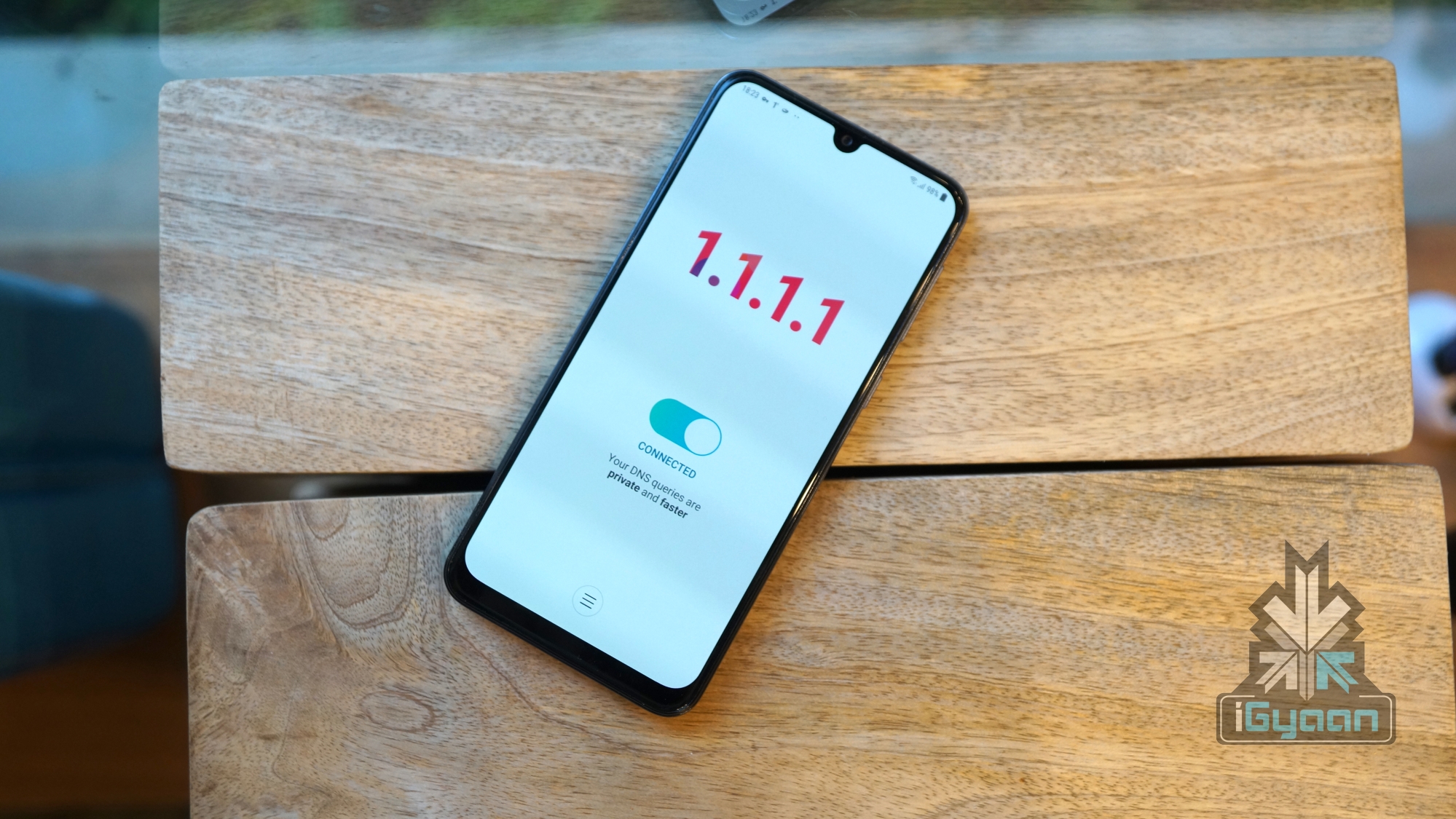
The question of whether a VPN service is good for you or not depends on your usage, and ultimately how much do you value your privacy. Most quality VPNs offer paid subscriptions and the ones that are free offer dicey security support. The speeds of the free VPNs can also be slower than their paid counterparts. Another problem the service has is that while it advertises security over the internet, it doesn’t prevent the user from cookies employed on most websites, which can track data even after the particular website is closed. VPNs also don’t or simply can’t provide full anonymity as even after the connection is encrypted, the service can do only so much to keep you anonymous.
Also read: Call Of Duty Battle Royale Launching Soon For Android & iOS
One should decide if they value their internet privacy as a reason, which honestly, everyone should. To get started, there are many great options available if you want to try using a VPN service. Most of them also offer free trials to dip your feet once before diving all in. Some of the well-known VPN services available in the market are TunnelBear, NordVPN, StrongVPN, ExpressVPN and CyberGhost and Cloudfare’s 1.1.1.1.
















